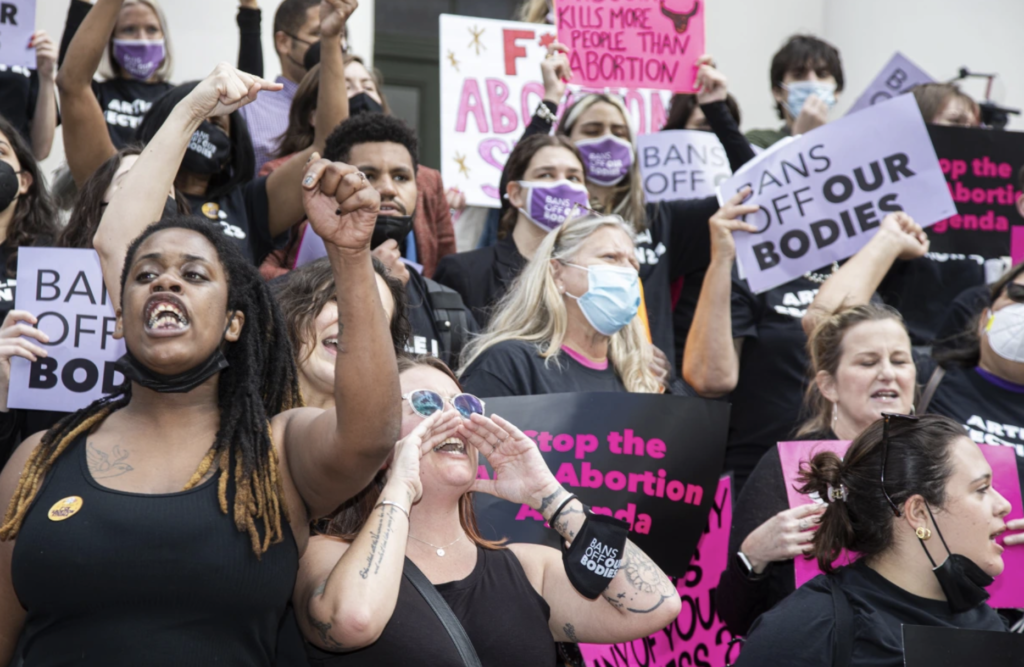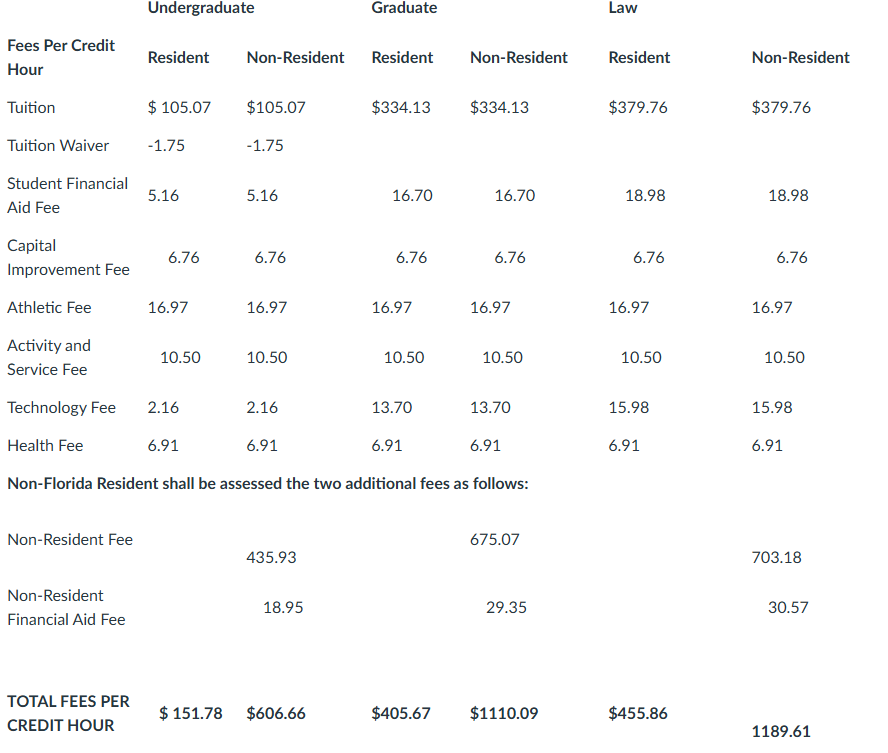After Texas passed placed their “heartbeat bill” in effect, which bans abortion after six weeks of pregnancy, Florida decided to follow in the same direction. In February, Florida Republicans passed a similar bill, which would ban abortions after 15 weeks of pregnancy, with no exceptions to rape and incest victims.
“This vote is disrespectful and cruel to all Floridians. Stripping people of the freedom to make the best medical decision for themselves and their families is wrong, and our elected representatives should know better,” said Stephanie Fraim, president and CEO of Planned Parenthood of Southwest and Central Florida, to CNN.
The bill has been approved by the Florida Senate and is now under review by the U.S Supreme Court. This means that the abortion ban bill could become law very soon. This progression leaves those who are democrats and pro-choice enraged.
“15 weeks is sometimes when a person that is pregnant finds out when they are pregnant and now they don’t have any time,” said Noella Williams, a student journalist and Florida Alliance of Planned Parenthood Affiliates Activist (FAPPA).
Florida Republicans are considering the bill as reasonable and generous. They believe they are not taking away women’s rights and that the ban is less harsh than Texas’s similar bill. Currently, a woman has the right to an abortion up to 22 to 24 weeks.
Governor Ron Desantis is supportive of the bill and sees the 15-week ban as “very reasonable”. Last week, multiple amendments were proposed in addition to the 15-week ban for the Florida Senate. One of the failed proposals was suggesting that fathers start paying child support at 15 weeks. This amendment was proposed by Tina Scott Polsky, Democratic member of the Florida Senate. Also included in this proposed amendment was health insurance coverage for any woman expecting.
Planned Parenthood Action Fund stated that the effects of the legislation will “fall hardest on Black and Latino Floridians,” who are most likely to have low incomes, live in rural areas, and lack access to health care.
“Later abortions bans disproportionately harm immigrant Latinas/xs, as they have fewer options for insurance coverage of abortion care and fewer financial resources to overcome the gaps in coverage,” said Aurelie Colon Larrauri, the Florida State Policy Advocate for the Latina Institute for Reproductive Justice Florida.
According to data from 2020, 19.5 percent of Blacks in the United States were living below the poverty line, while Hispanics followed at 17%. Those who are limited from certain resources and undocumented will be affected the most, especially those who do not have the means to travel to North Carolina just for a legal abortion procedure.
“The legislation that bans abortion at 15 weeks is unconstitutional. This is an unrealistic proposal put forward by anti-abortion extremists,” said Melanie Williams, another FAPPA activist.
The bill possibly becoming law, also means that there will be no exceptions to women who have been raped and are victims of incest. Not only are there women who are victims of those unfortunate circumstances, but there are also children who are victims as well.
“Despite being given five opportunities to support an amendment that would make an exception in these awful circumstances, the Florida legislature chose to ignore the survivors of rape, incest, and human trafficking by mandating them to carry a pregnancy to term against their will,” said Williams.
Florida’s abortion bill is expected to be signed Desantis and the only exception to having an abortion after 15 weeks is if the mothers’ life is in danger from carrying the fetus full term or the possibility of the fetus having a fatal abnormality.














